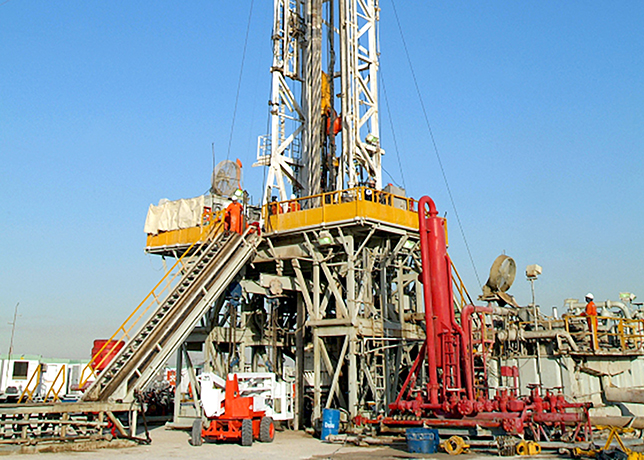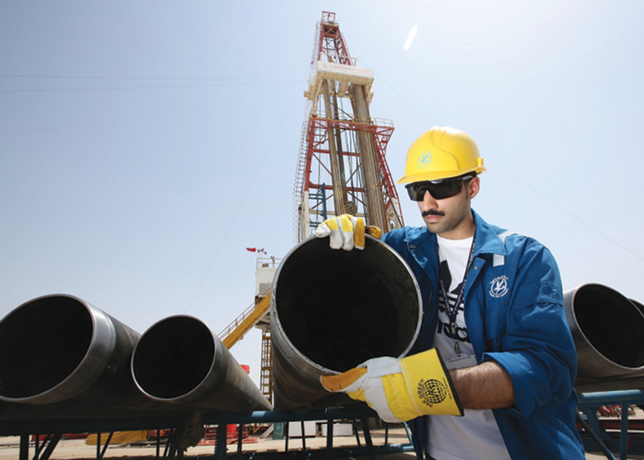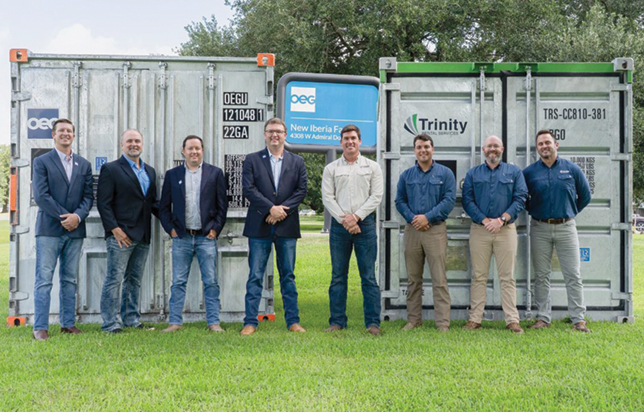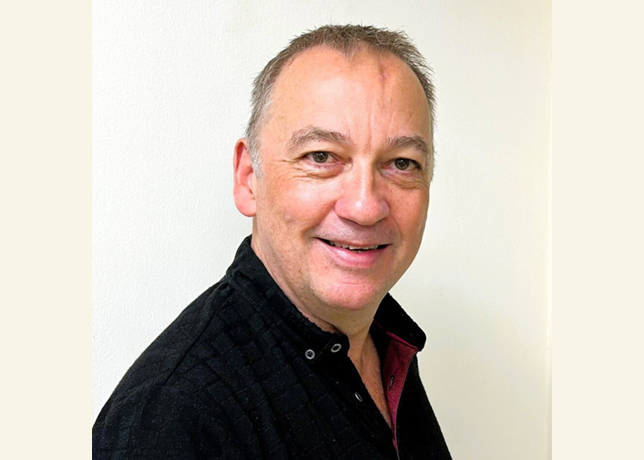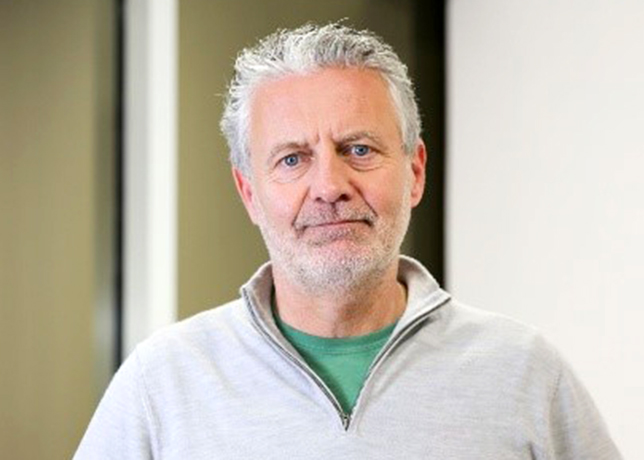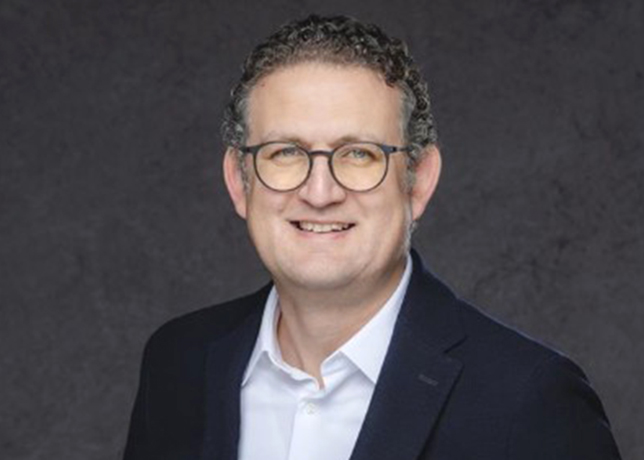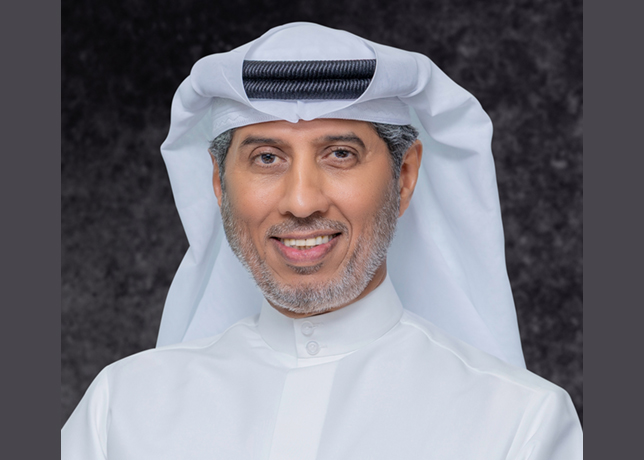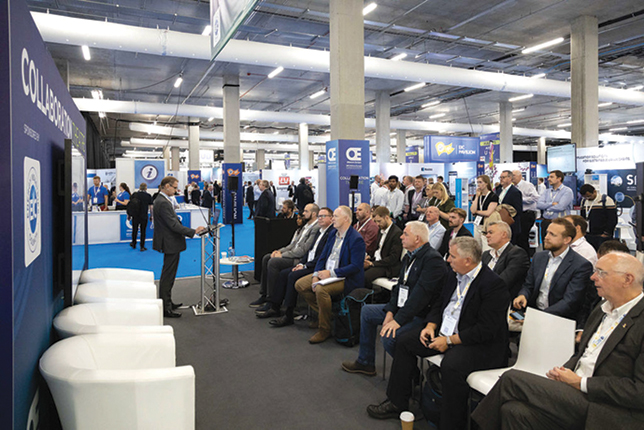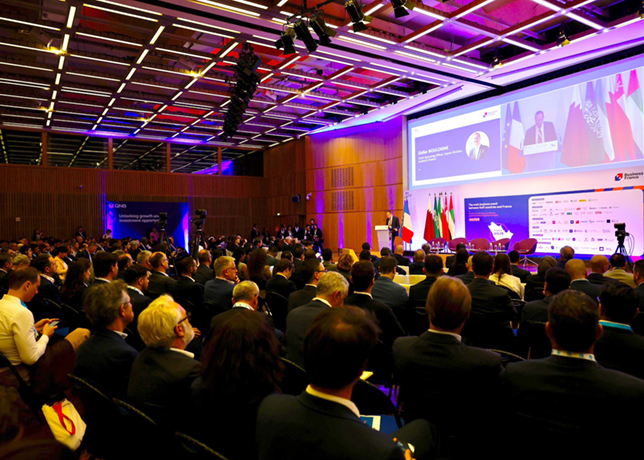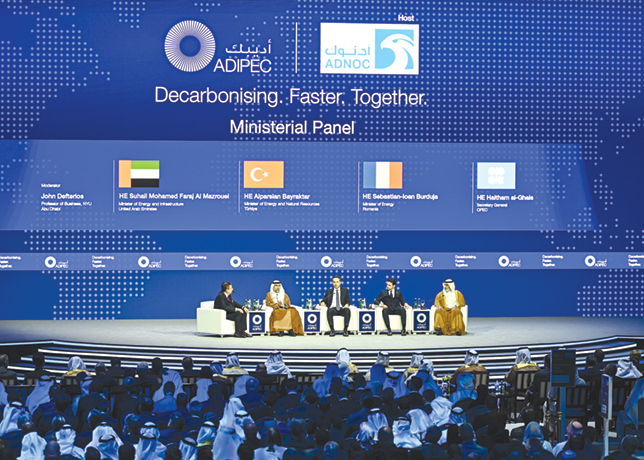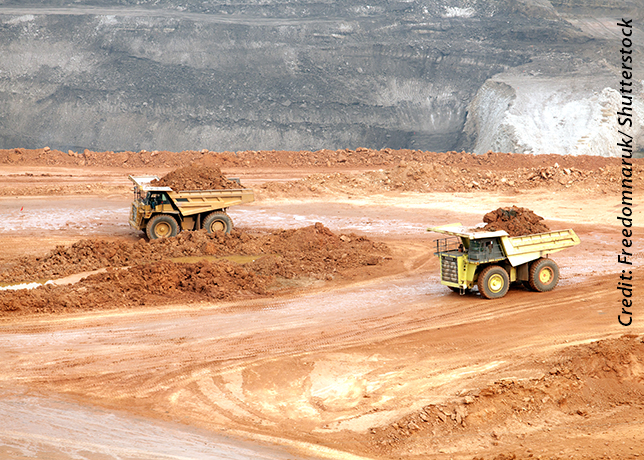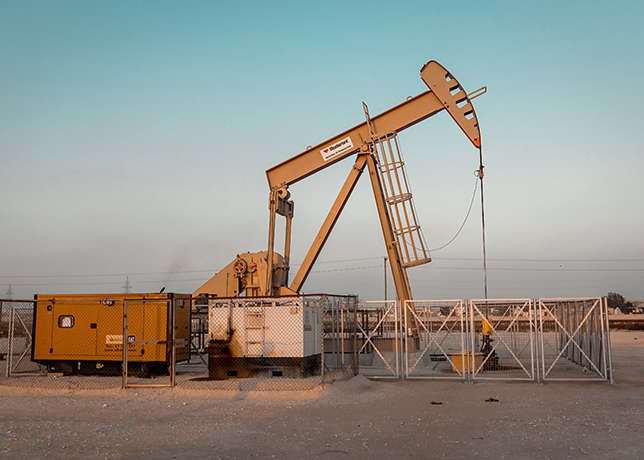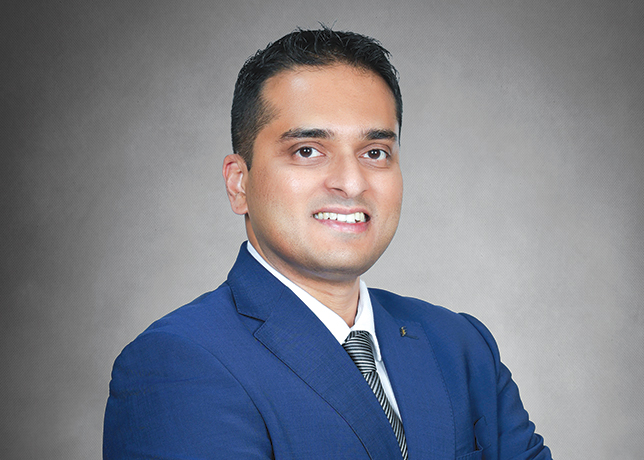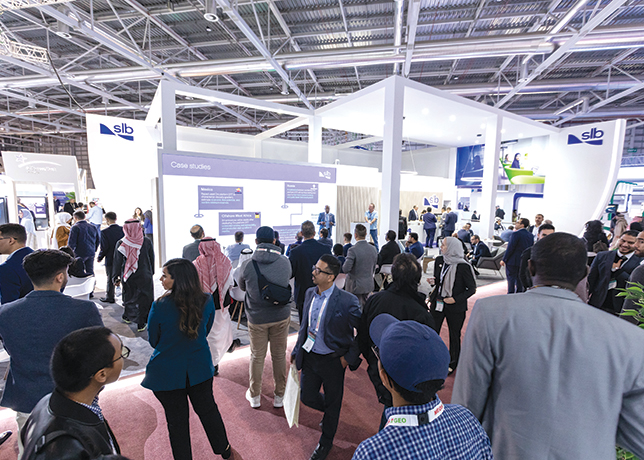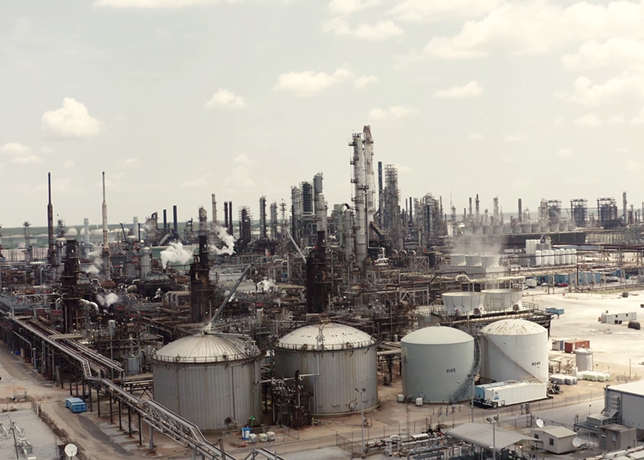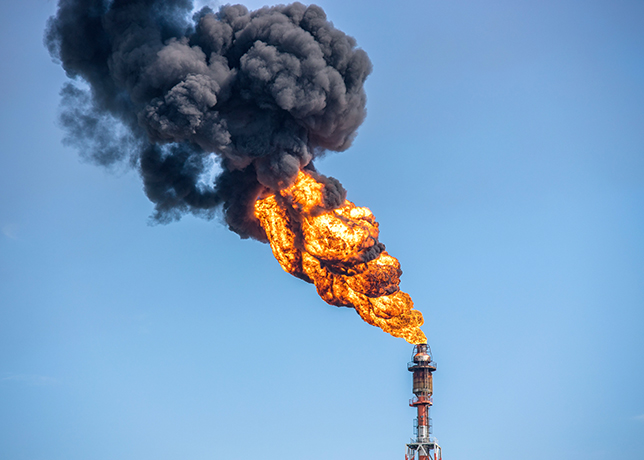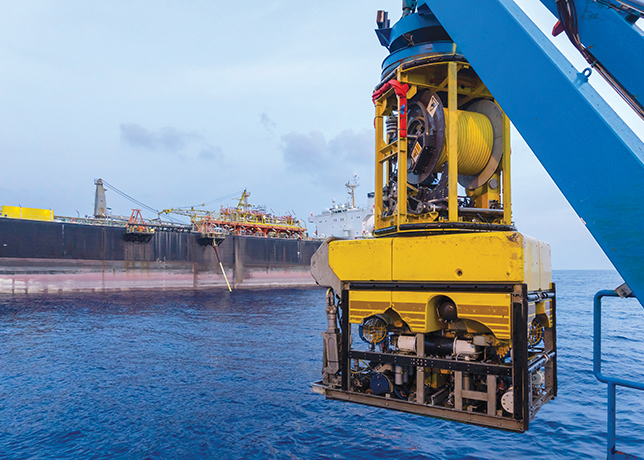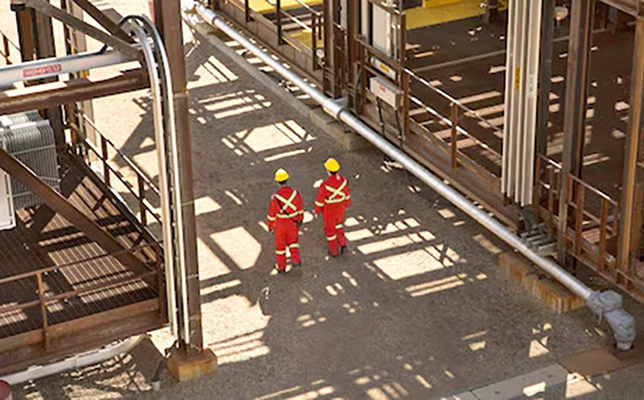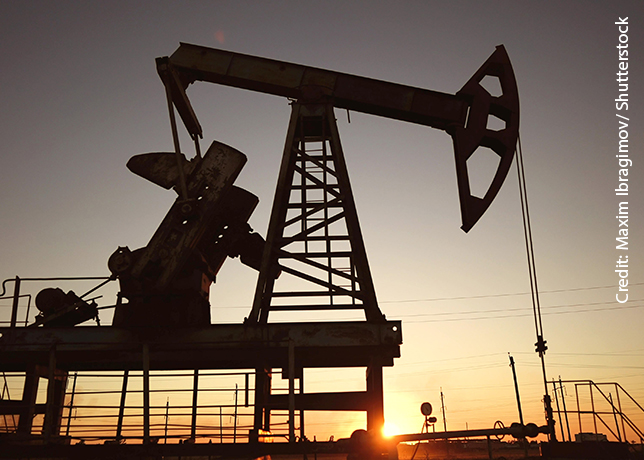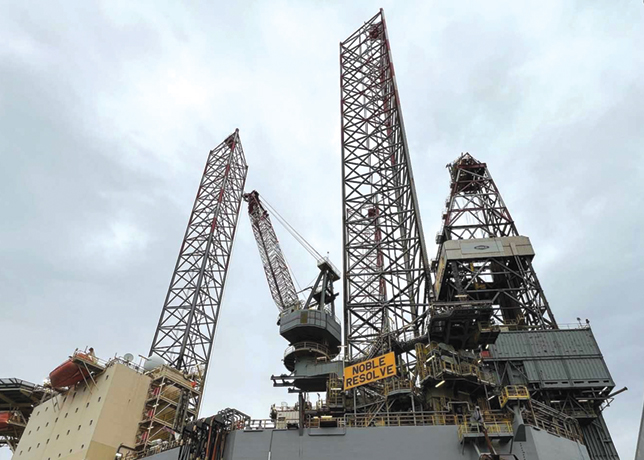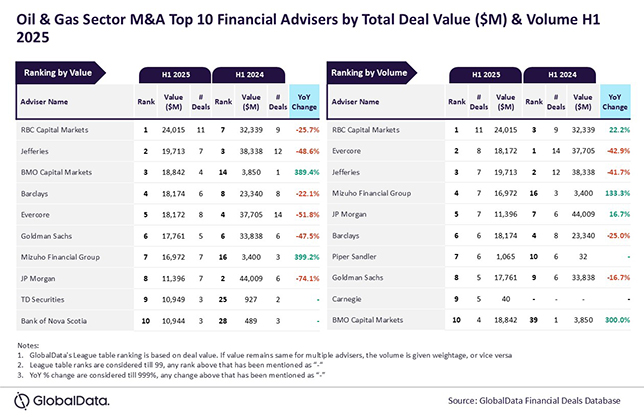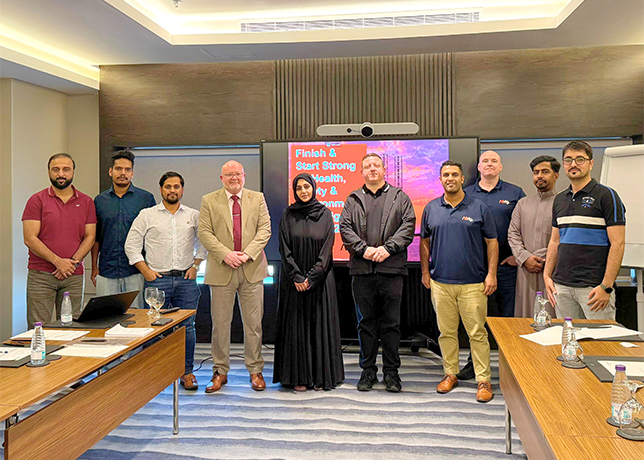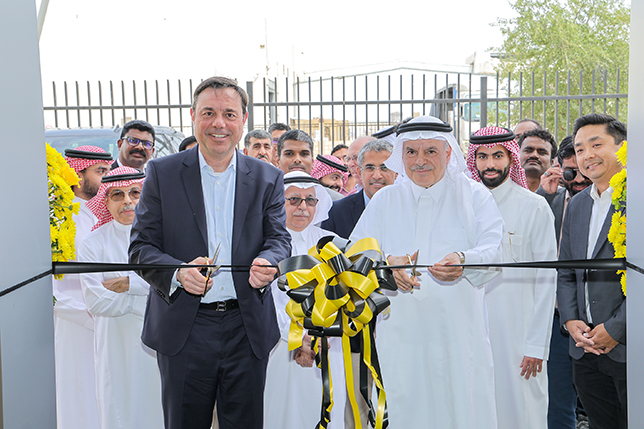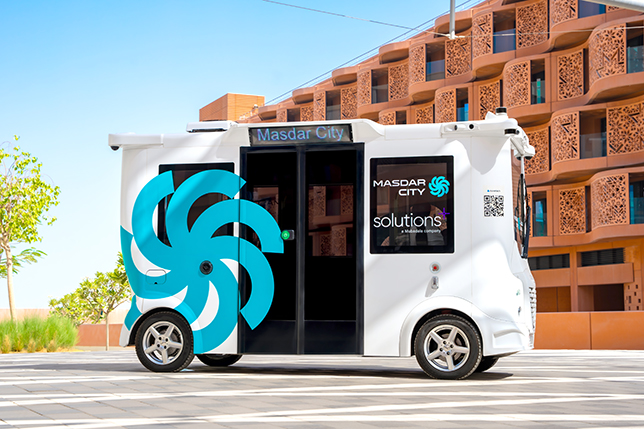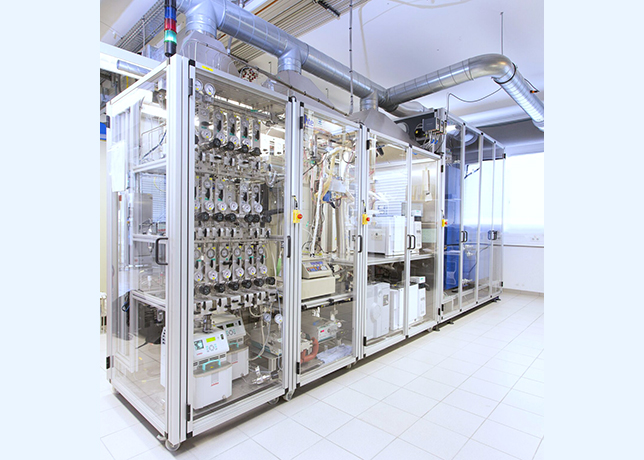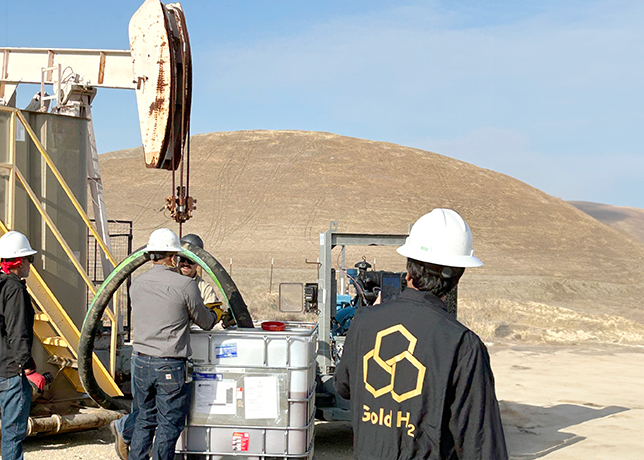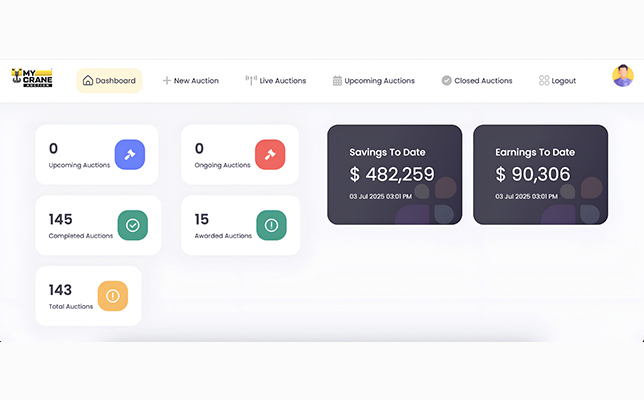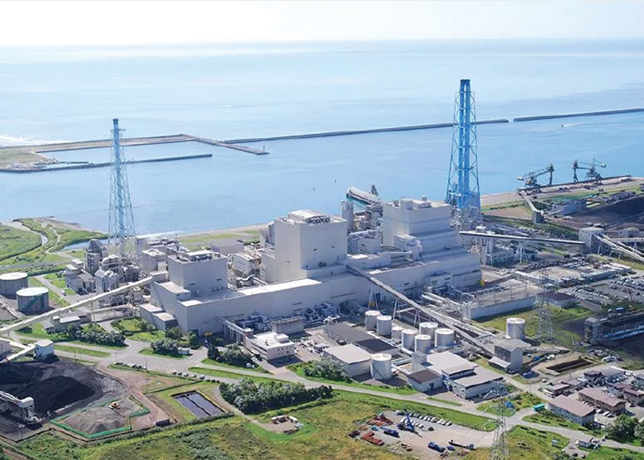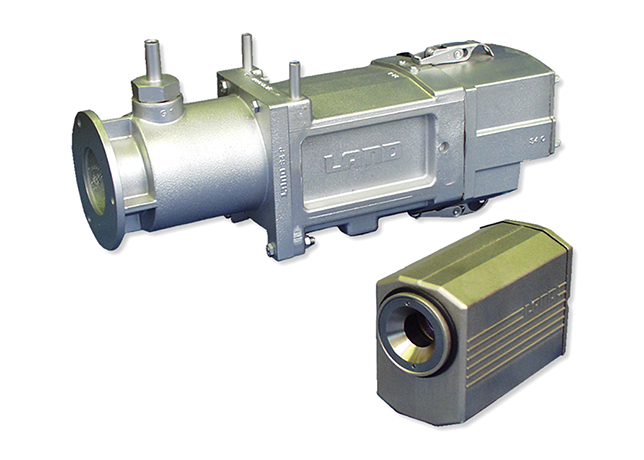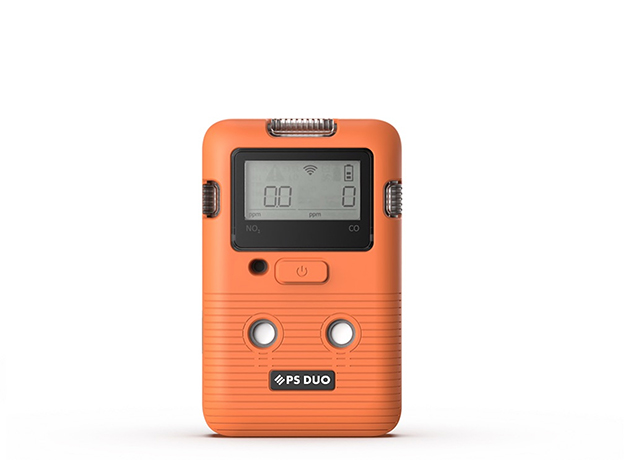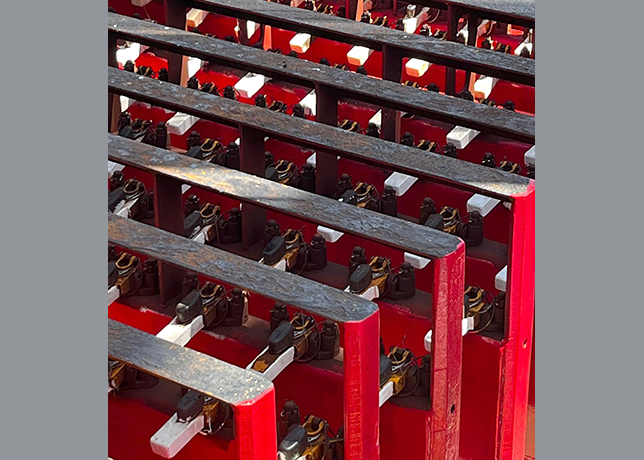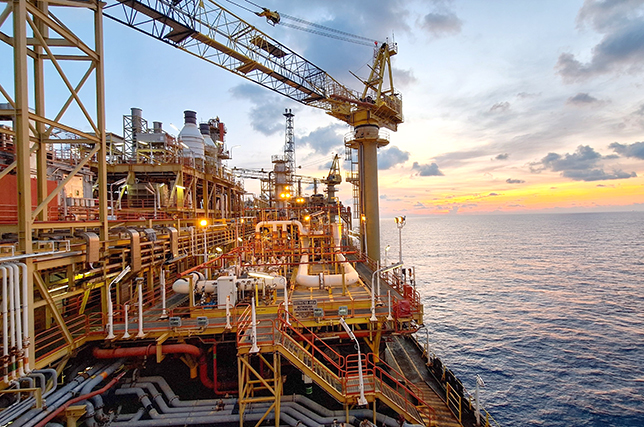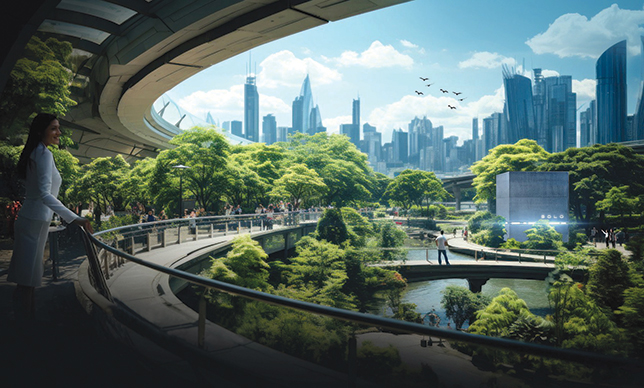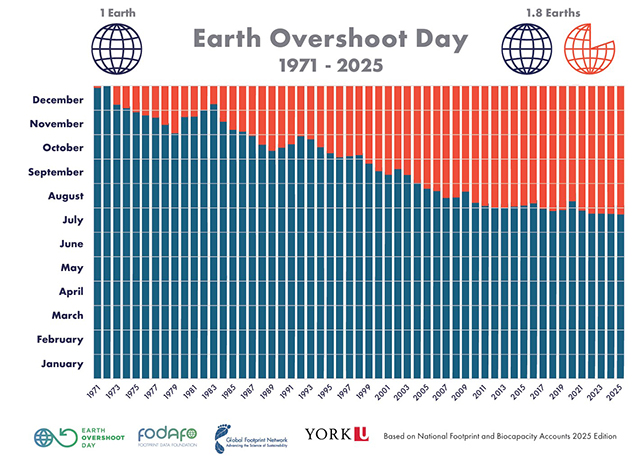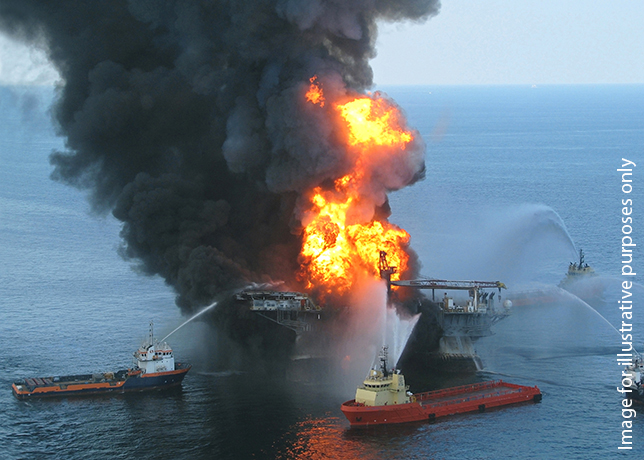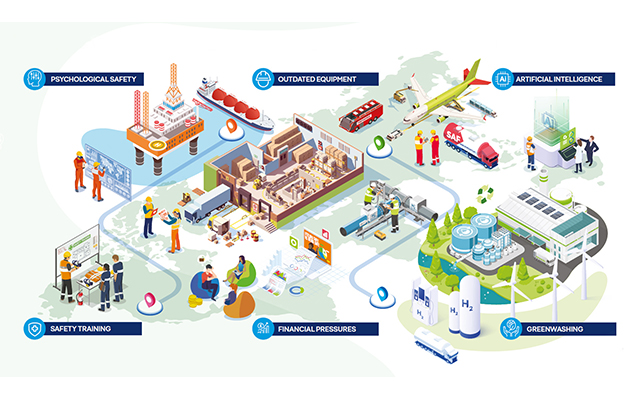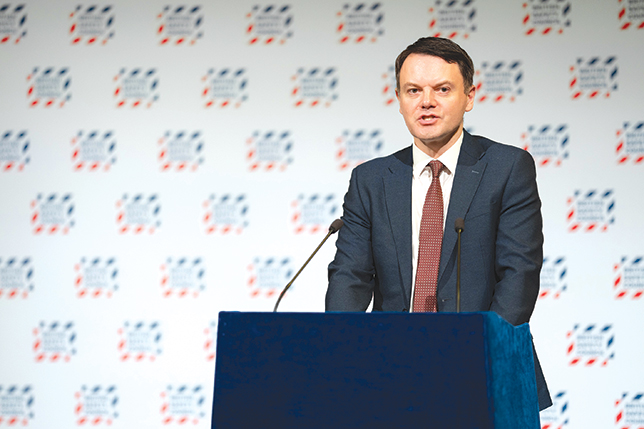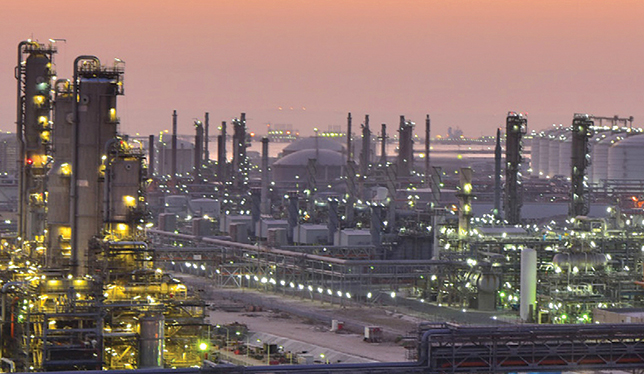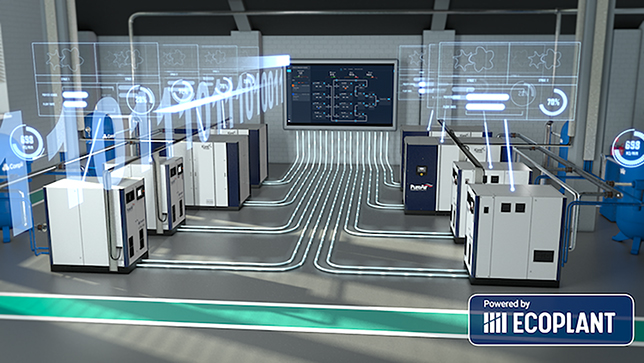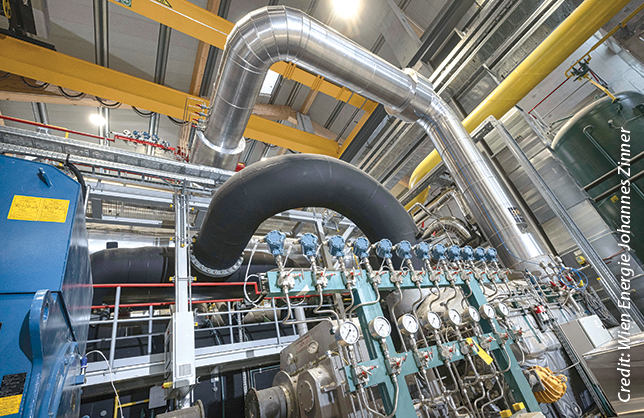

at yanbu Yanbu Industrial City occupies a linear coastal site that straddles the highway connecting Jeddah with communities to the northwest of the Kingdom.
There are a total of 56 plants in operation, of which nine are in the primary sector, 11 in the secondary and 36 in the light. Two new plants have been proposed for the primary sector and there are proposals to expand three.
Three units are under construction in the secondary category, four are in the design stage and 12 have been proposed. In the light category two are under construction, 11 are being designed and four have been proposed.
The industrial city is approximately 24 km long and 7 km wide, encompassing approximately 185 sq km in total.
Major industries in Yanbu could be classified into petrochemicals, refineries, crude storage for export, natural gas liquids (NGL) fractionation, minerals, lubricants, additives, liquid storage and plastics.
The primary industries under operation in Jubail are Al Jubail Fertiliser Company (Samad), Al Jubail Petrochemical Company (Kemya), Arabian Petrochemical Company (Petrokemya), Aramco Sulphur Prilling and Export, Eastern Petrochemical Company (Sharq), National Chemical Fertiliser Company (Ibn Al Baytar), National Industrial Gases Company (Gas), National Methanol Company (Ibn Sina), National Plastics Company (Ibn Hayyan), Saudi Arabian Fertiliser Company (Safco), Saudi Arabian Lubricating Oil Company (Petrolube), Saudi Aramco Shell Refinery Company (Sasref), Saudi Chevron Phillips, Saudi European Petrochemical Company (Ibn Zahr), Saudi Iron and Steel Company (Hadeed), Saudi Methanol Company (Ar-Razi) and Saudi Petrochemical Company (Sadaf).
Industries proposed at Yanbu are Olefins II, promoted by Sabic, production of polyethylene, ethylene glycol (EG) and styrene; ExxonMobil, promoted by ExxonMobil, ethylene, propylene, polyethylene and EG; Samref expansion, promoted by Saudi Aramco and Mobil, propane, butane, jet fuel, diesel oil, gasoline, fuel oil and sulphur; Ibn Rushd Aromatic Plant Phase II, promoted by Sabic, xylenes and benzenes; and Saudi Aramco Domestic Refinery Expansion, promoted by Saudi Aramco, LPG, jet fuel, diesel oil, gasoline and fuel oil.
Yanbu has one of the largest ethylene plants in the world - an ExxonMobil and Sabic joint venture. It has also the only titanium dioxide (white pigment) plant in the Middle East.
Shipments of products through King Fahd Industrial Port, Yanbu, in 2001 were as follows: refined products 23.07 million tonnes, liquid gas 3.06 million tonnes, petrochemicals 1.18 million tonnes and other industrial products 13,741 tonnes.
The original Yanbu Master Plan was prepared in 1977, updated 10 years later to reflect changing economic realities, and is currently undergoing a second revision.
Plant sites are located in two industrial parks in the south eastern section of the development area.
One park is for heavy industries, and the other for light manufacturing and support enterprises.
The heavy industries are located near the sea, which minimises the distances covered to transport raw material and products that enter or leave through the port. The city's central power and water complex, wastewater treatment plants and other major infrastructure facilities are also located near the sea in the industrial area.
The residential community is situated northwest-and upwind -of the industries. The residential area, which may eventually house around 120,000 people, is subdivided into 14 districts; each is designed to provide a broad range of services and facilities to its residents.
Designs are being finalised for the City Center, an important part of the Yanbu Master Plan, which surrounds a circular lagoon with access to the Red Sea on the eastern side of the community.
The City Center will be the site for office buildings, private commercial facilities, residential housing, and at least one five-star hotel.


